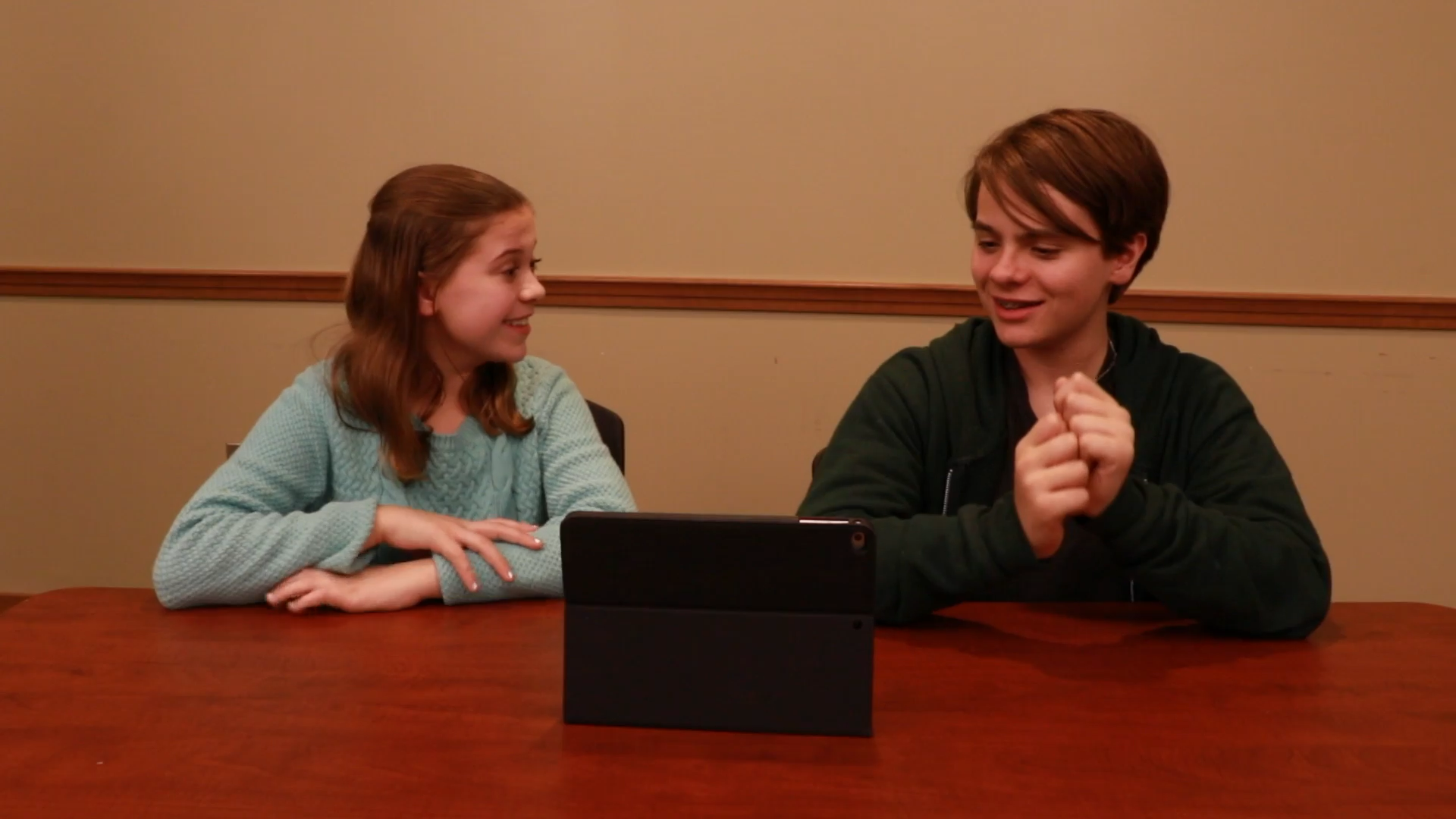Introduction
Sharing can be a challenging concept for many students, especially those in special education settings. It requires understanding and empathy for others’ feelings, as well as the ability to let go of personal desires for the benefit of the group. In this blog post, we’ll explore a no-prep activity, discussion questions, and related skills to help educators teach the importance of sharing in a way that promotes social-emotional learning.
No-Prep Activity
The following activity, called “Share and Tell,” requires no preparation or materials from the educator and encourages students to practice sharing:
- Ask students to sit in a circle.
- Choose a volunteer to start by sharing something they like or something interesting about themselves.
- After the first student shares, they choose another student in the circle to share next.
- Continue this process until everyone in the circle has had a chance to share.
- After everyone has shared, discuss the importance of giving everyone a chance to participate and how sharing can promote positive feelings among the group.
Discussion Questions
These questions can help stimulate further discussions about sharing and social-emotional learning:
- Why is it important to share with others? How does sharing make others feel?
- Can you think of a time when someone didn’t share with you? How did that make you feel?
- How can we practice sharing in our daily lives, both in school and at home?
- What are some challenges we might face when trying to share with others? How can we overcome these challenges?
- How can sharing help us build better relationships with our classmates, friends, and family members?
Related Skills
Beyond sharing, there are other essential social-emotional skills that students in special education settings can benefit from, including:
- Empathy: Understanding and sharing the feelings of others, which can help students navigate social situations and build stronger relationships.
- Active Listening: Paying attention and responding thoughtfully to others, which can foster positive communication and mutual understanding.
- Cooperation: Working together towards a common goal, which can promote teamwork, problem-solving, and a sense of belonging.
- Conflict Resolution: Handling disagreements in a constructive way, which can help students develop negotiation skills and maintain positive relationships.
Next Steps
Teaching sharing and other social-emotional skills is an ongoing process that requires patience, understanding, and practice. To support your efforts, consider signing up for free sample materials from Everyday Speech. These resources can provide additional guidance and activities to help you create a more inclusive and supportive learning environment for your students. Remember, sharing is a skill that can be cultivated over time, and with the right tools and support, your students can develop the ability to share and care for others in a variety of settings.






